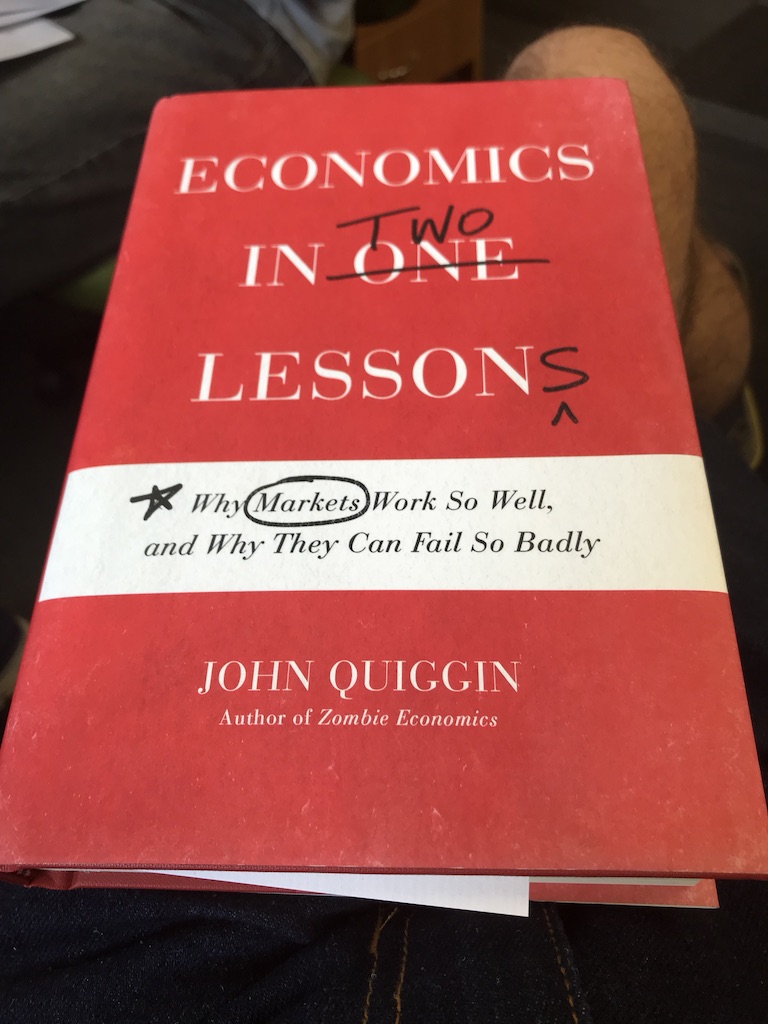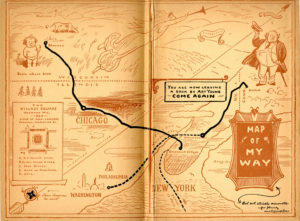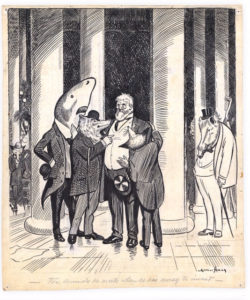One of the great authors of our time
<blockquote>The past stood at my shoulder, naked and defenseless as all dead things, as though it were time itself that had been laid open by the fall of the mountain. Fossil bones protruded from the surface in places, the bones of mighty animals and of men. The forest had set its own dead there as well, stumps and limbs that time had turned to stone, so that I wondered as I descended, if it might not be that Urth is not, as we assume, older than her daughters the trees, and imagined them growing in the emptiness before the face of the sun, tree clinging to tree with tangled roots and interlacing twigs until at last their accumulation became our Urth, and they only the nap of her garment.
Deeper than these lay the buildings and mechanisms of humanity. (And it may be that those of other races lay there as well, for several of the stories in the brown book I carried seemed to imply that colonies once existed here of those beings whom we call the cacogens, though they are in fact of myriad races, each as distinct as our own.) I saw metals there that were green and blue in the same sense that copper is said to be red or silver white, colored metals so curiously wrought that I could not be certain whether their shapes had been intended as works of art or as parts for strange machines, and it may be indeed that among some of those unfathomable peoples there is no distinction.
At one point, only slightly less than halfway down, the line of the fault had coincided with the tiled wall of some great building, so that the windy path I trod slashed across it. What the design was those tiles traced, I never knew; as I descended the cliff I was too near to see it, and when I reached the base at last it was too high for me to discern, lost in the shifting mists of the falling river. Yet as I walked, I saw it as an insect may be said to see the face in a portrait over whose surface it creeps. The tiles were of many shapes, though they fit together so closely, and at first I thought them representations of birds, lizards, fish and suchlike creatures, all interlocked in the grip of life. Now I feel that this was not so, that they were instead the shapes of a geometry I failed to comprehend, diagrams so complex that the living forms seemed to appear in them as the forms of actual animals appear from the intricate geometries of complex molecules.</blockquote>


